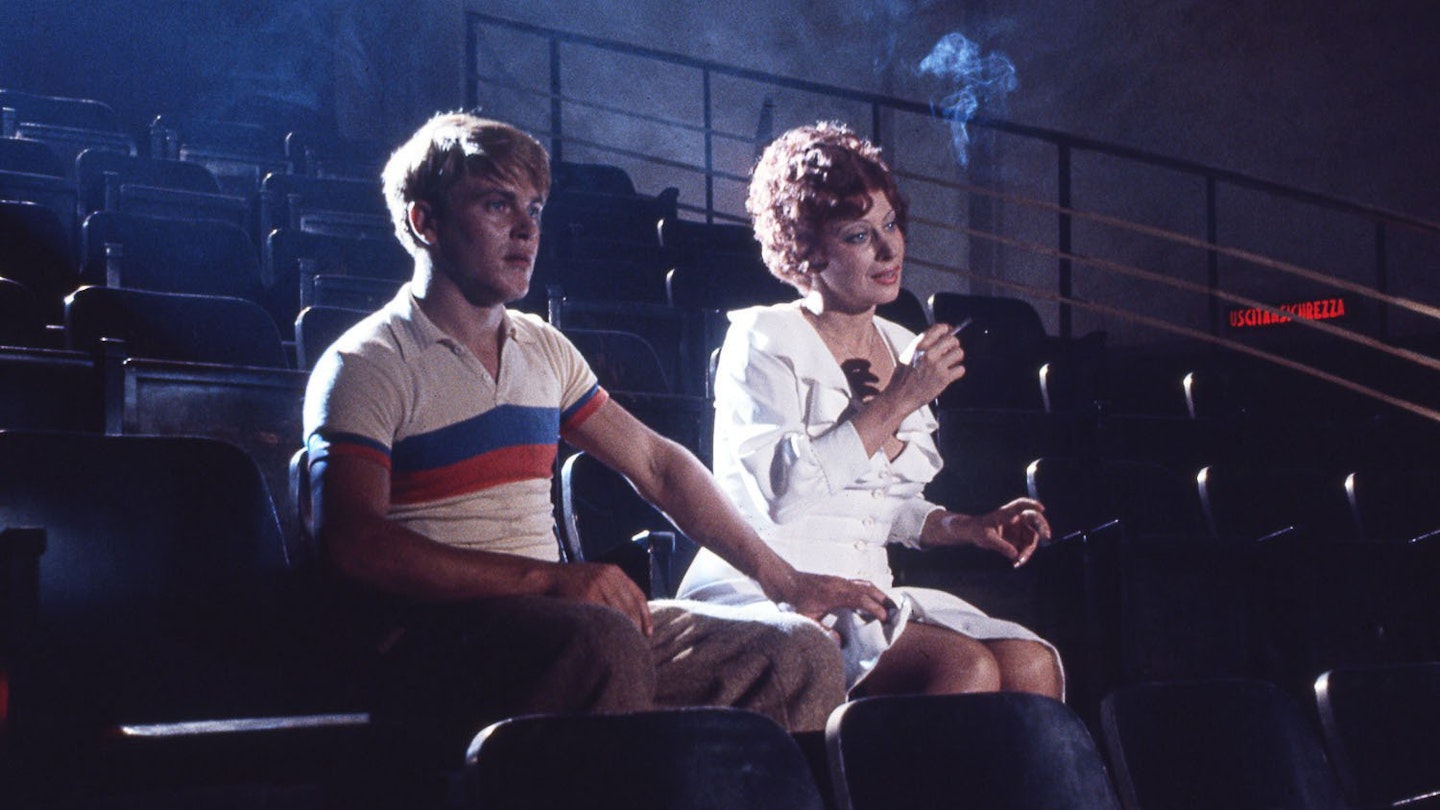The winner of the Academy Award for Best Foreign Film and a clear influence on Woody Allen's equally episodic Radio Days (1987), this bittersweet slice of nostalgia is set in the Adriatic seaside town of Battipaglia. Yet, despite its similarities to the Rimini of his youth, Federico Fellini always denied that this was an autobiographical outing. However, with the title translating as `I remember' in the local dialect, it's hard not to see the teenage Titta as anything but Fellini's alter ego, as he endures domestic discord and scholastic farce to devote his time to observing his neighbours and fantasising about the female anatomy.
Although the action is set in 1935, its division into seasons embracing a childhood's worth of recollections gives the film a timeless universality, which suggests that Italy is still very much labouring under the delusions of grandeur devised by Il Duce.
Religion, politics, education, the family, love and sex are all explored during incidents which come to rely less on whimsical humour as Titta discovers the serious side of life. Yet while Fellini stages such memorable set-pieces as the Fascist rally, the arrival of the luxury liner and the spring wedding, he's more interested in the idealised and exaggerated characters whose psyches he probes in a series of caricature studies - the nymphomaniac who flirts shamelessly with everyone she meets; the teacher humiliated by his class; the Hollywoodised hairdresser who seduces a visiting nobleman; the crazed uncle who leaves an asylum and has to be coaxed down from a tree by a dwarf nun; the simple-minded peasant who claims to have satisfied an Arab potentate's entire harem; and the innocently promiscuous tobacconist who gives Titta his first taste of forbidden flesh.
Shot at great expense over a year at Cinecitta, this may not be Fellini's most prescient or satirical film. But it's certainly his most slyly elegiac.
